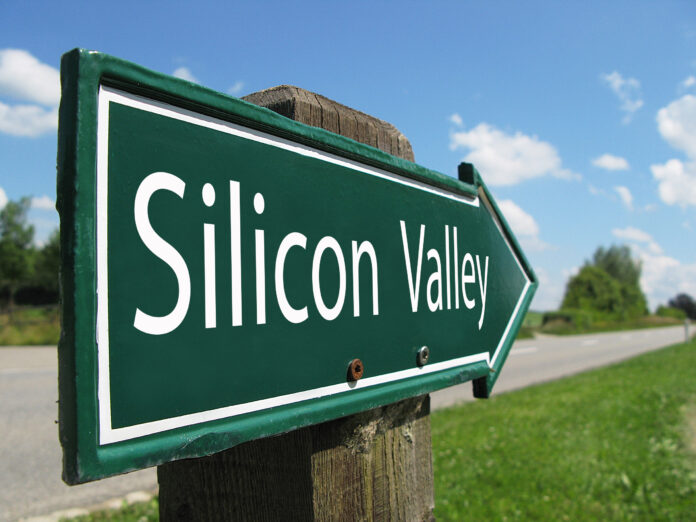The torrential rains earlier this winter on the west coast and the recent devastating earthquake in Turkey and Syria were light-years beyond anything my family and I ever experienced when we lived in Northern California in the late 1970s, but they brought back memories of those days all the same.
We lived in the heart of Silicon Valley (where, to show the impact of the high-tech industry, the sort of modest home we rented for $550 a month rents for upward of $5,000 monthly today). And our backyard directly abutted the Calabazas Creek, a ten-foot-deep gash in the earth running from nearby mountains for some 13 miles through the cities of Saratoga, San Jose, Cupertino, Santa Clara—where we lived—and Sunnyvale, finally emptying into south San Francisco Bay.
There are basically two seasons in Northern California: warm and dry; and cool and somewhat rainy. During the first, our backyard creek was totally dry. At times during the second, it became a raging river, the roar of which was background music for occupants of our living room, which faced the yard and creek. Sometimes, the river threatened to overflow its banks, which would have flooded our yard and, potentially, our house.
That never happened, baruch Hashem; but when I would go outside to watch and listen to the rush of water, the image of what could occur was hard to suppress.
And then there were the earthquakes. Santa Clara is near the Calaveras Fault, part of the famous San Andreas fault system.
The first quake we experienced was when we were still living in an apartment complex, on a building’s second floor. A seismic event wasn’t even a back-of-my-mind concern, and I remember being puzzled by the sound of water sloshing about in our aquarium, and then even more puzzled by the fact that, as I looked at the window, the complex’s grounds seemed to be moving up and down. It didn’t take long to realize that it was the building that was swaying. So, that, I told myself, was what an earthquake felt like.
No, it wasn’t. At least not what a major earthquake must feel like, the sort that doesn’t just sway buildings a bit but brings them crashing down.
And subsequent tremors over the following few years of our West Coast residence were similarly without any major ill effects.
By stark, horrific contrast, the recent major quake, at this writing, resulted in the deaths of more than 35,000 people across southern Turkey and Syria.
So, comparing the sort of earthquakes we experienced in California (or those in northern Israel last week) to the recent one in the Middle East would be like comparing a scratched bumper to a 100-car, multi-casualty highway pileup. Still, even the minor quakes left me, in both the literal and figurative senses, shaken.
Because, while one can find refuge from a storm or wild animal, when the very ground beneath one’s feet is shuddering, there’s no place to run. When the foundation of one’s world is no longer reliable, what remains is a sense of utter vulnerability.
When you think about it, it’s a worthy metaphor for life itself.
We mosey along, expecting the sun to rise daily, as it has thus far; the supermarket to have every food we desire, which, if one store doesn’t, another does; for our hearts to beat and our kidneys and eyes and ears and stomachs and brains to work, as they usually do.
Until they don’t. Until the equivalent of a personal atmospheric river or earthquake, Rachmana litzlan, occurs. And we realize how vulnerable we really are.
In aveilus for my beloved mother, a”h, more than 30 years ago, I was struck by how the words aveil and aval are identical. Aval, “but,” in a sentence serves to stop the flow of thought, to abruptly change course. Aveilus, needless to say, is one of the major things that upends a life.
The lesson we rightly glean from confronting our vulnerability to things beyond our control is to be appreciative of when everything is “normal”—when our lives aren’t upended, when our bodies function as we expect them to. Even when the supermarket is stocked as usual, and the sun once again rises at dawn.
To read more, subscribe to Ami





















